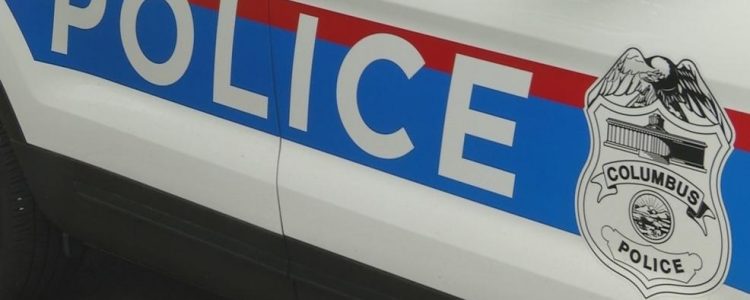In 2018, a partnership was developed between law enforcement and mental health professionals to better address the mental health crisis in Franklin County, Ohio. The program was first-of-its-kind in Columbus, and began as a result of an increase in behavioral health-related calls being made to Columbus Police. This program originated as a 6-month pilot, and is known as the Mobile Crisis Response Unit.
The Mobile Crisis Response Unit is a combined effort of Netcare Access and the Columbus Division of Police. A Netcare clinician is paired with one Columbus police officer. Together, they respond to behavioral health and drug/alcohol calls in the community. The Mobile Crisis Response Unit (MCRU) is available from 2 p.m. to midnight, 7 days a week. To date, there are a total of five MCRU teams. When a team responds to a call, the officer and the mental health professional ride in the same vehicle, and approach the situation together.
This program can help to provide intervention, referral and placement for a person with a mental health illness or substance abuse disorder. An on-site clinician can help with unnecessary incarceration or hospitalization of someone in crisis. Afterward, Netcare can work with the individual and their provider(s) to develop safety planning and follow-up care.
The goal is de-escalation, and working toward a safe solution on-site, as an alternative to making an arrest and taking an individual to jail.
Lieutenant Dennis Jeffrey oversees the Crisis Intervention Team training for Columbus police. According to Jeffrey, officers only receive about 20 hours of mental health training over the course of their traditional 6-month program. Jeffrey reiterated that officers and first responders are now responding to more calls related to crisis intervention, including substance abuse.
Jeffrey explained that the Franklin County community has now shifted toward “non-traditional policing.” This is due to the increase in both mental health issues and substance use.
The catalyst for this shift took place in 1987. Officers were on a call in Memphis, Tennessee. In short, law enforcement shot and killed a man with a common mental health illness – schizophrenia. This sparked the conversation between first responders – the system needed to change.
Columbus Division of Police developed Crisis Intervention Training (CIT) in 2002. Currently, more than 400 officers are trained in crisis intervention.
In an effort to be more visible in the community, Columbus Police launched the Safe Streets program in 2017. Safe Streets is a police-driven initiative in which CIT officers ride bicycles and walk amongst three distinct neighborhoods: Hilltop, Linden and the South Side/Parsons Avenue corridor. The Safe Streets program led to the closure of multiple well-known drug houses, and allows residents to feel confident in approaching officers about concerns.
In 2018, CPD responded to over 20,000 calls related to mental health. According to Jeffrey, about half of those calls were related to suicidal ideation, Jeffrey stated that people often call 911 repeatedly because they have mental health concerns such as anxiety, depression, or they lack access to basic resources, such as food or transportation.
Of the 20,000 calls in 2018, the Mobile Crisis Response Unit responded to over 5,000. Of these, more than 800 individuals were successfully transported, meaning that the MCRU transported them safely to either Netcare or another medical facility, opposed to taking them to jail. Of the 5,000 calls that MCRU responded to, only six of them were arrested and taken to jail.
To access an MCRU, anyone may contact the non-emergency Columbus Police number at 614-645-4545 and request that an MCRU team be dispatched to their location.
“The Mobile Crisis Response Unit teams are usually in high demand, especially during evening hours. We want people to know that if they request a team, that the team is not guaranteed to be available in that moment,” Jeffrey said.
Jeffrey said this pilot program proved successful, and that it will be expanding in the near future.
To learn more about Columbus initiatives, visit https://www.columbus.gov/neighborhoodsafety/.
Be sure to follow Columbus Division of Police and Netcare on social media to keep up with events and urgent information:




Leave a Response